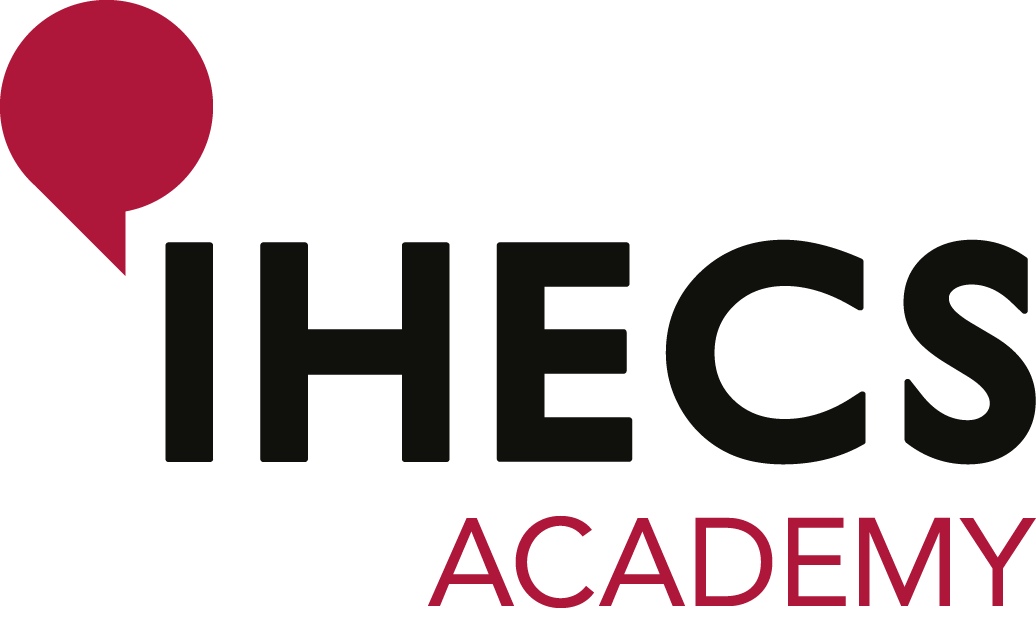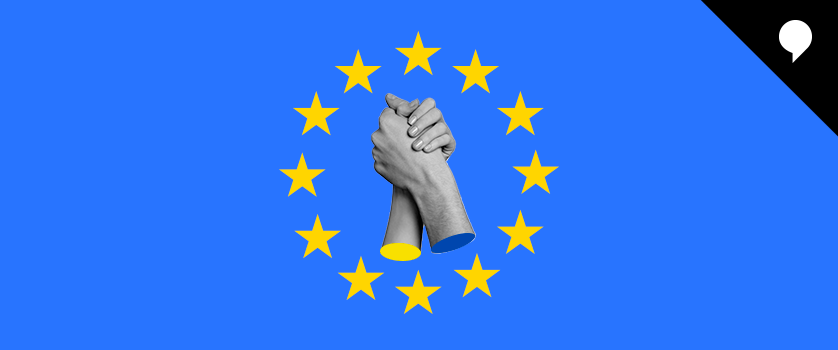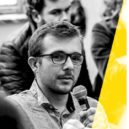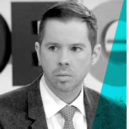Why do citizens show such a lack of interest in Europe? The reasons are many and varied: complex subjects, decision-making that’s hard to understand, and an elitist culture.
Communication is an essential tool to mend this fracture. With greater information at their disposal, citizens can be motivated to become more engaged and have a greater influence on decisions. For that to happen, Europe needs new professionals, new talented people, and new kinds of training. That’s why IHECS created the Executive Master in European Public Affairs and Communication (EPAC).







